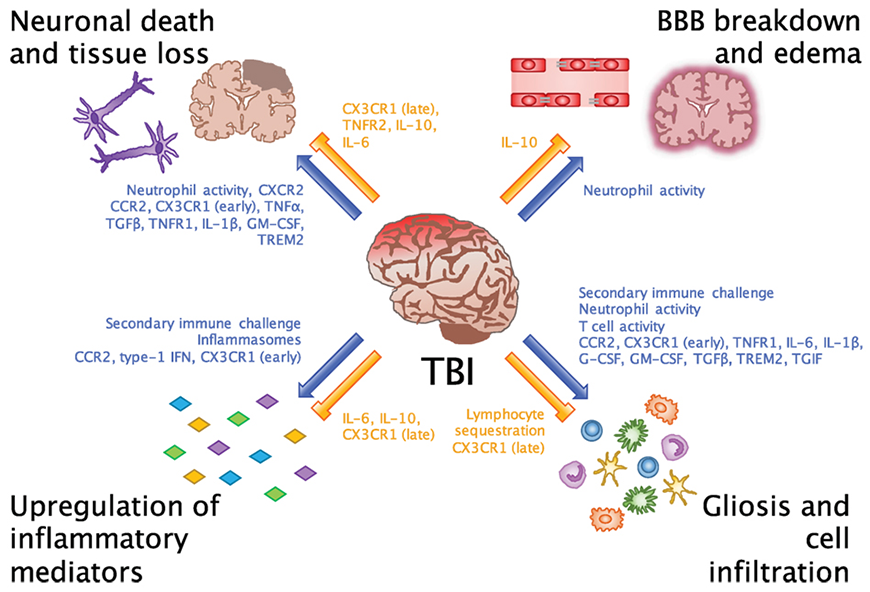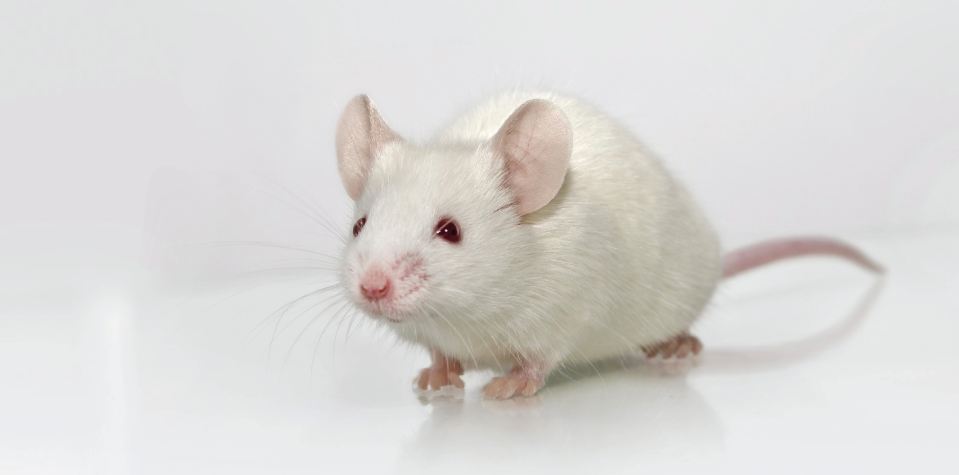
National Vital Statistics System Mortality Data —
United States, 2001-2010 (Deaths)
Preclinical animal models provide important means to study TBI. New research from the Laboratory of CNS Injury and Repair at JFK Medical Center published in Brain Sciences investigated the impact of TBI-related neurodegeneration on sensorimotor impairments using the fluid percussion injury (FPI) model of TBI. Bhowmick et al. measured the extent of neurodegeneration and sensorimotor impairments in a cohort of adult male C57BL/6NTac mice. The research indicates "that neurodegeneration following FPI exacerbates sensorimotor deficits and thus provides direct evidence that incidence of neurodegeneration after FPI may potentially result in increased neurological deficits and thereby warrant strict monitoring of these events2."

Other avenues of TBI research include understanding how factors such as the patient immune system and microbiota impact disease severity3-5. Disruption of the gut-brain axis may be a contributing factor to TBI complications, and new research indicates that immune system targets may improve patient treatment in the future3-4. Studies in mice indicate that TBI can lead to changes in microbiota and inflammatory and immune disorders4-5.
Research into TBI continues across the globe. Several conferences scheduled for 2018 will bring together researchers and clinicians focusing on TBI, including:
- Frontiers in Traumatic Brain Injury, July 5-6, London, UK
- ICTBI 2018: 20th International Conference on Traumatic Brain Injury, December 3-4, Sydney, Australia
















.jpg)

.jpg)
.jpg)
.jpg)
.jpg)





.jpg)


.jpg)
.jpg)

.jpg)


.jpg)





.jpg)

.jpg)




